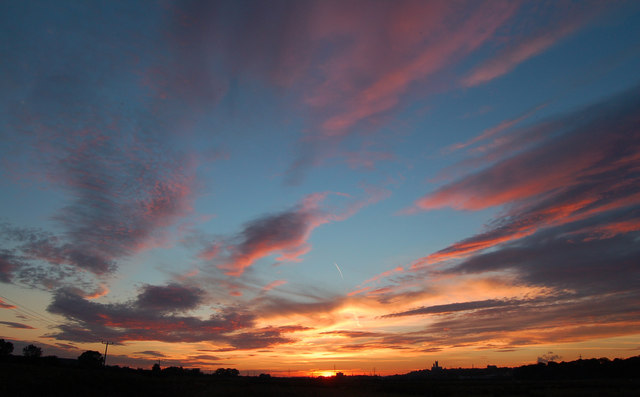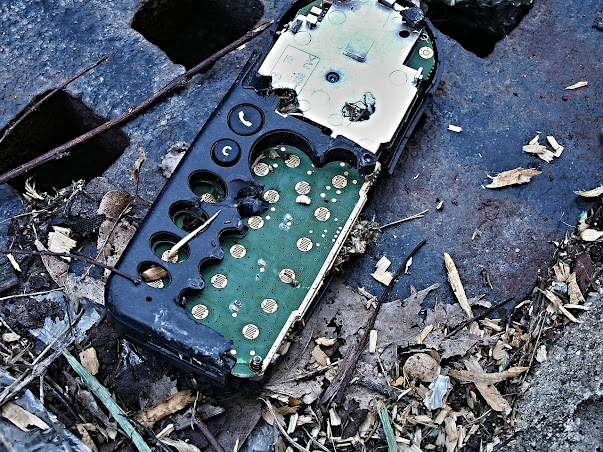What if the Christian idea of Original Sin isn't what we think it is?
Original Sin
According to my Catholic upbringing, every child is born with original sin that has to be forgiven. That we are not pure and innocent at birth, we are tainted with the sin of Adam. That is why we must be baptised as soon as possible before birth, so that if we die as babies we can go to heaven.
The sin of Adam was of eating from the tree of the knowledge of good and evil. The infamous apple that cast him and all his descendents out of a heaven of peace and plenty.
I have always found this difficult. Both for the obvious reason that babies cannot be anything but innocent. And the more abstract one that if we are doomed from the start then it sets off a whole punishing and self-punishing cycle of judgement and guilt that can never be satisfied and which does nothing to make us a better or happier species.
It is easy to see that clashes of world views and behavioural expectation are the cause of so much of the conflict around and within us. And it is also easy to see that the people we know have odd hobby-horses and blindspots in their thinking. They behave in ways we would never behave. And believe things we would never believe. Some of these are simply a consequence, a side-effect if you like, of their strengths. If you're fascinated by the way the train works you might miss that the guard is shouting a warning. If you're fascinated in what information is missing you will find a conspiracy where there is none. If you are all about finding a good tool to improve a process, you may miss the fact that the process is in the service of a morally bad outcome. If you are all about finding your inner truth, you may find that your culture doesn't find it important.
What is not so easy to see is that just as everyone around us is seeing the world through their own intrinsic and familial filters, so are we. To us those filters are evidently the right way to see things. But to each of them their way is evidently the right way and yours is invisible or bizarre. Therefore the judgement of each other. Therefore the conflict.
Moving into this perspective has brought me to a place where I no longer see Christianity as wrong, but as just another way of describing the difficult to express way we humans work, and therefore what will help us to live happy productive lives together.
So I have had the question tumbling around in my head as to how Christians have been thinking to end up with this original sin idea. Can I reverse engineer their perspective in order to learn more about the reality? Could it be that Christian contemplatives have had insights into the nature of being human that can sharpen the ideas I have been seeing through Buddhist contemplation?
Original sin as a description of the primacy of our personal world-filter
I have been known to stand up and denounce Christianity for seeing human beings as intrinsically flawed through original sin. And I have been greatly attracted to the idea that Buddhism may have a more wholesome idea of the intrinsic nature of human beings. Buddhism sees the unwholesome beliefs and behaviour we humans indulge in as signs of misunderstanding the truth of things, rather than signs of inner badness. We don't need better eyes, we need cleaner glasses.
Now after several years of Buddhist practice I think my glasses are a little cleaner. What I see is that while every baby is innocent, every person believes, at least at first, that they are in the driving seat of their life. Or sometimes that they are being cruelly used by people who have unfairly usurped the driving seat.
We believe, because it is what we experience in our heads, and because everyone around us does too, that we are built to perceive, think through, decide and then act.
We derive a degree of confusion and emotional difficulty from the fact that there are many indications every day that this is not in fact how we work. There is no choice involved and no one is to blame. We behave and then come up with a post-hoc justification. We are largely unconscious of our own workings. That is the way we human animals are.
By the way, if you are thinking, yes right that's how stupid people think and everyone but me is stupid, I challenge you to learn some neurophysiology and still think you are immune. Perhaps I will do a blog post about that in future.
It seems to me that it is often only after the work of adulthood is finished that we can stand back enough from our individual world view to see this. You see people having a 'midlife crisis' of a spiritual or creative kind after a career of diverting the flow of money into their accounts. You hear of monks meditating for thirty years before seeing through the gateless gate.
We have all experienced the change in our perspective and our behaviour when we arrive home from a day's work, how much more will it be when we leave work forever?
And for me, I have no illusion that I know what enlightenment is. But I have a much clearer sight of what being human really is since I left my work. Even though my work was with human beings in psychological pain so perhaps could have given me some clues if only I had the headspace to hear. I believe that while some people go to their death still believing that their life has been entirely willed by them, there are some, perhaps many, who are redeemed in the end by realising that they can only see part of themselves. That almost all of our experiences and behaviour, motivation and avoidance, identity and belonging are directed from a place in ourselves we have no conscious access to.
Forgetting and Remembering our Powerlessness
What has this got to do with Original Sin? Well, what if, rather than being about us being intrinsically tainted and requiring forgiveness it was about forgetting that we cannot see and understand everything within our own minds and our own world? That we are fundamentally animals, mammals first, and the conscious parts of our minds are a miniscule part of our understanding of the world and ourselves. That the life force and consciousness that run through us and our aliveness, our inner knowing and no doubt many other important things are not available to our undeniable brainpower.
What if the story of the Garden of Eden is pointing us to the idea that knowing 'as much as God' is not available to us. That there are some things we can't know? Like all the things about us that are unconscious, for example how our hearts keep beating while we are asleep. Or how our embeddedness in the culture and time of our life means we can't think outside it. However much we try, our most countercultural ideas are actually wavelets in the tide of the culture itself. What if seeing everything as under our conscious control is a mistake that leaves behind what we instinctually know we need. And just as importantly leaves behind what's good and kind about human beings?
What if what we need in order to 'go to heaven' is not an experience of being forgiven so much as genuine humility in the face of the truth that we are only in control of the thinnest slice of our own lives?
.jpg)


Comments
Post a Comment
Tell me what you think about this idea, your experiences, or just what comes to mind when you read this.